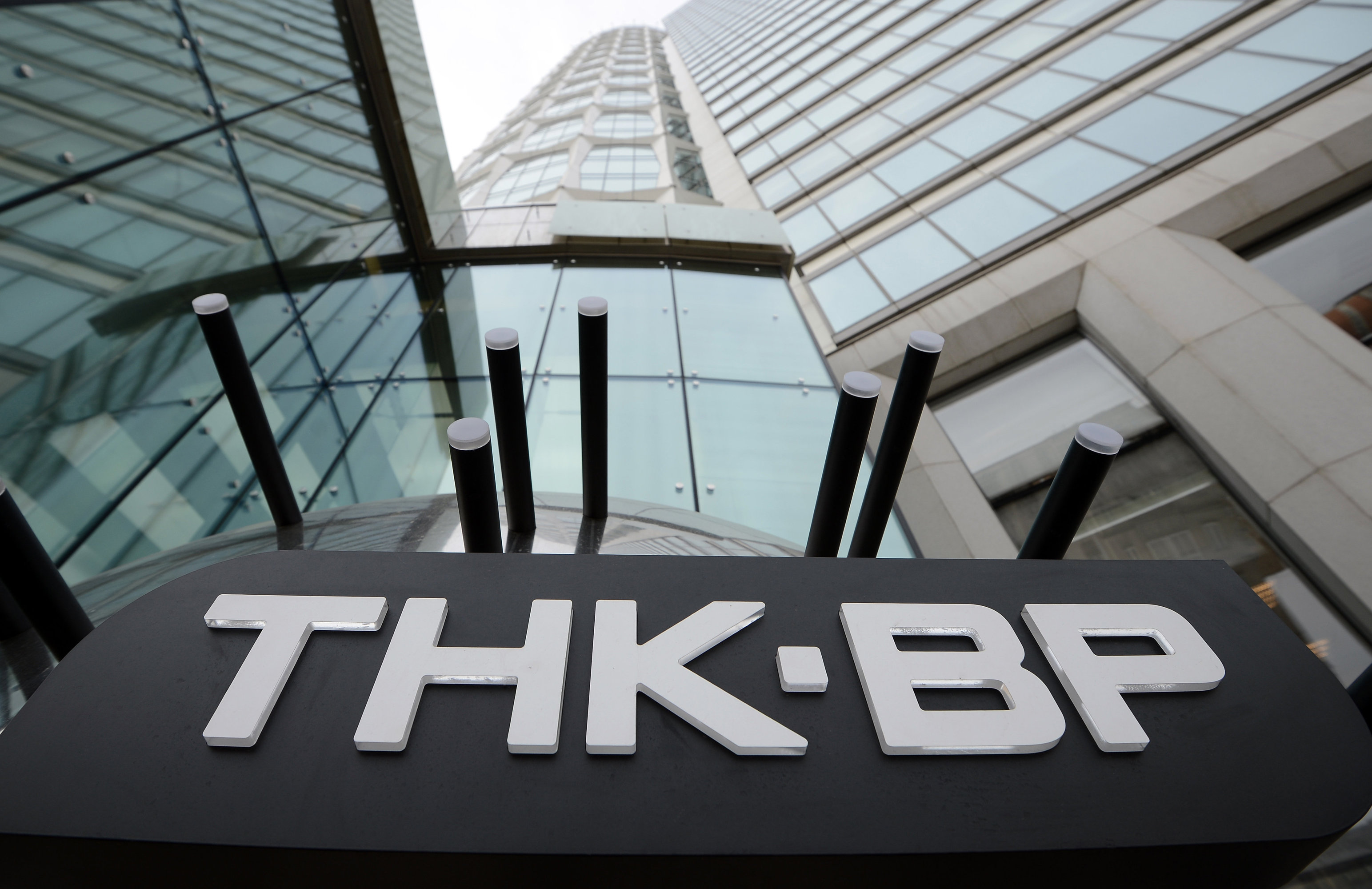MOSCOW, February 5 (RAPSI, Ingrid Burke) – Russian lawmaker Leonid Lebedev filed a claim against business moguls Leonard Blavatnik and Viktor Vekselberg seeking over $2 billion for the alleged breaches of several agreements in connection with the sale of TNK-BP.
A complaint filed Tuesday asserts that in 1997, Lebedev, Blavatnik, and Vekselberg entered into a joint venture agreement in order to gain control of oil and gas company TNK.
In 2001, the men confirmed in writing that Lebedev possessed a 15% share in the joint venture, which was referred to in the document as “Oil Business.”
According to the complaint, “When the partnership between TNK and BP was recently sold… [Blavatnik and Vekselberg] did not pay [Lebedev] anything. [Lebedev] thus brings this action against his erstwhile co-venturers for the value of his 15% share of the joint venture, which is worth over $2 billion.”
Lebedev claims that the men agreed to work together in December 1997 amid efforts to outbid each other for shares in TNK. At that point, the men decided to establish a joint stock company that would allow them to control TNK jointly. In connection with the agreement, Lebedev claims to have contributed $25 million, his TNK equity, his equity in a TNK subsidiary, and his management and expertise in the oil industry to entities controlled by one or both defendants.
The complaint asserts that despite his contributions, he was not issued any stock in the joint venture by the defendants.
In 2001, the men met in New York – allegedly for purposes of resolving disputes that had arisen from the TNK deal. The complaint notes that at that point, Lebedev and Vekselberg signed the so-called Investment Agreement, which was quoted in the complaint as follows: “the right of ownership in respect of 15% of the aggregate share of the Parties in the Oil Business, in particular, in respect of 15% of the shares in OGIP" (an offshore holding company that was to hold the Parties' stock in TNK), and that Lebedev was entitled to a non-dilutable 15% share in the Parties' income from the Oil Business (whether paid by dividends or otherwise).”
Notably, Blavatnik did not sign the agreement. The complaint claims that though he unexpectedly had to leave town, he later indicated his acceptance through such actions as the issuance of a promissory note for dividends payments.
In 2003, Blavatnik and Vekselberg are said to have entered into two successive agreements with impacts on the ownership split of the company. At the start of the year, the complaint asserts that Blavatnik and Vekselberg agreed to establish a new consortium with the group of investors controlling the remainder of TNK. The new consortium was called Alfa-Access-Renova (AAR).
Then in February of that year, Blavatnik, Vekselberg, and the other AAR principals signed a memo of understanding to establish a joint venture between TNK and British Petroleum PLC’s (BP) Russian oil and gas operations.
Based on the two 50/50 ownership splits, the complaint argues that Lebedev should have been ensured a 7.5% share in the AAR consortium, and then a 3.75% share in the proposed TNK-BP joint venture, in accordance with the 2001 Investment Agreement.
Lebedev’s identity, however, was allegedly concealed. According to the complaint: “After signing the [memorandum of understanding], however, Defendants told Plaintiff that they had concealed his share of TNK from BP, out of fear that BP would not go forward with the deal if Plaintiff were identified as part of the AAR consortium.
Defendants proposed to solve this self-created problem by buying out Plaintiff's share. However, Defendants did not have the cash to do so, and Plaintiff did not want to sell.”
In 2013 Russian gas giant Rosneft purchased TNK-BP for $55 billion. By that point, it had become the third largest oil and gas producer in Russia, according to the complaint.
Based on his claim of an indirect 3.75% share in TNK-BP, Lebedev asserts that he is owed at least $2 billion.
Asserting against Blavatnik and Vekselberg breaches of the Investment Agreement, the Joint Venture Agreement, and their fiduciary duty, Lebedev seeks actual and consequential damages amounting to no less than $2 billion, tortious damages, pre-judgment interest on all awarded sums, and any additional costs the court may deem appropriate.
A spokesman for Blavatnik told Bloomberg that the complaint lacked merit, characterizing it as a “false and misleading recasting of the facts,” as quoted in a report published Tuesday.



